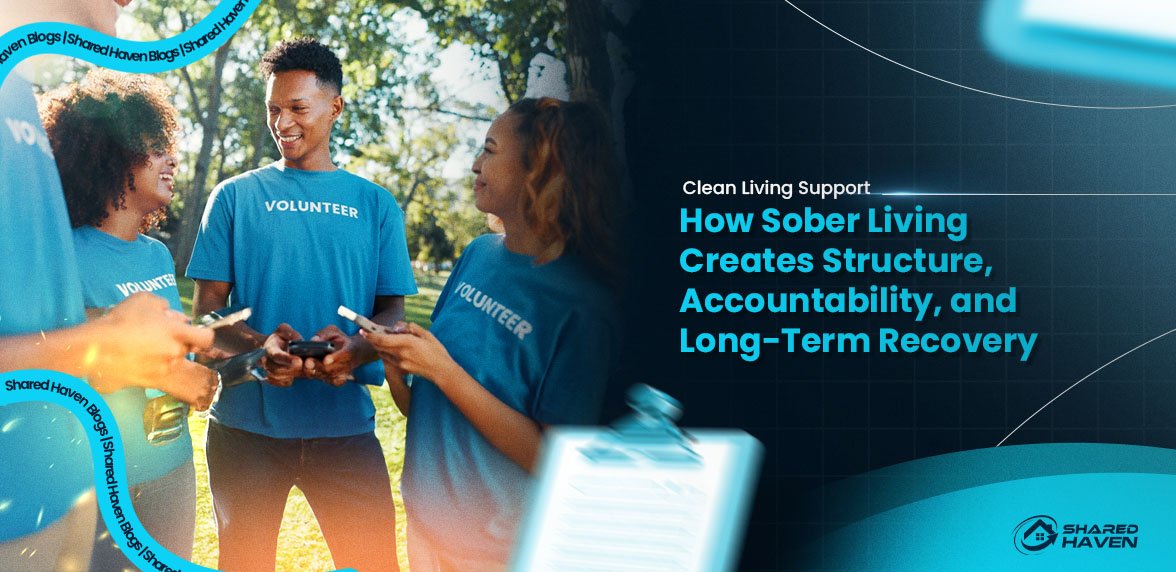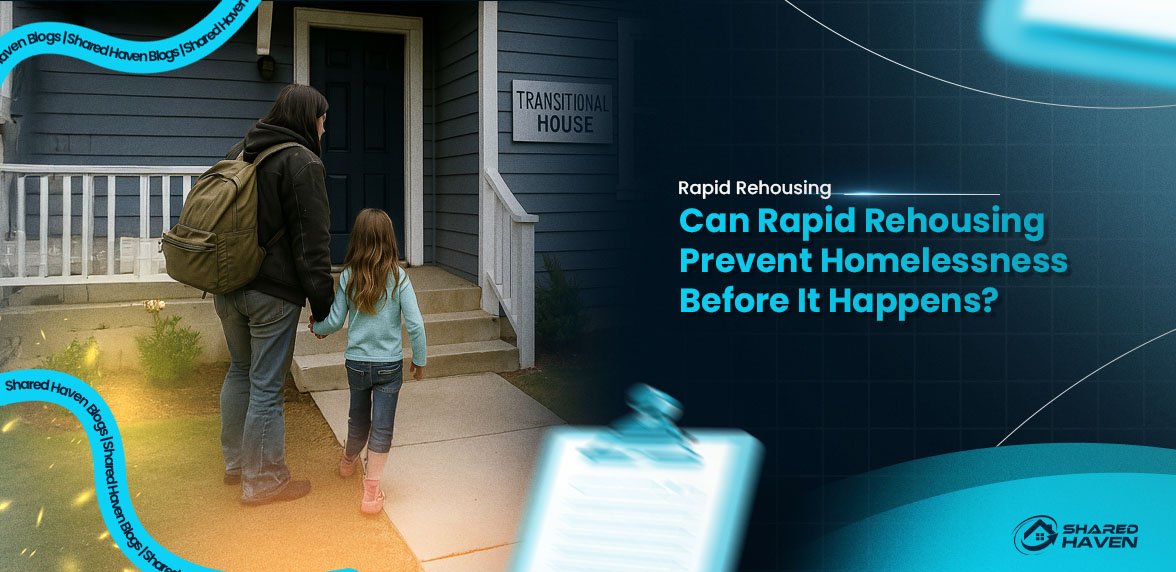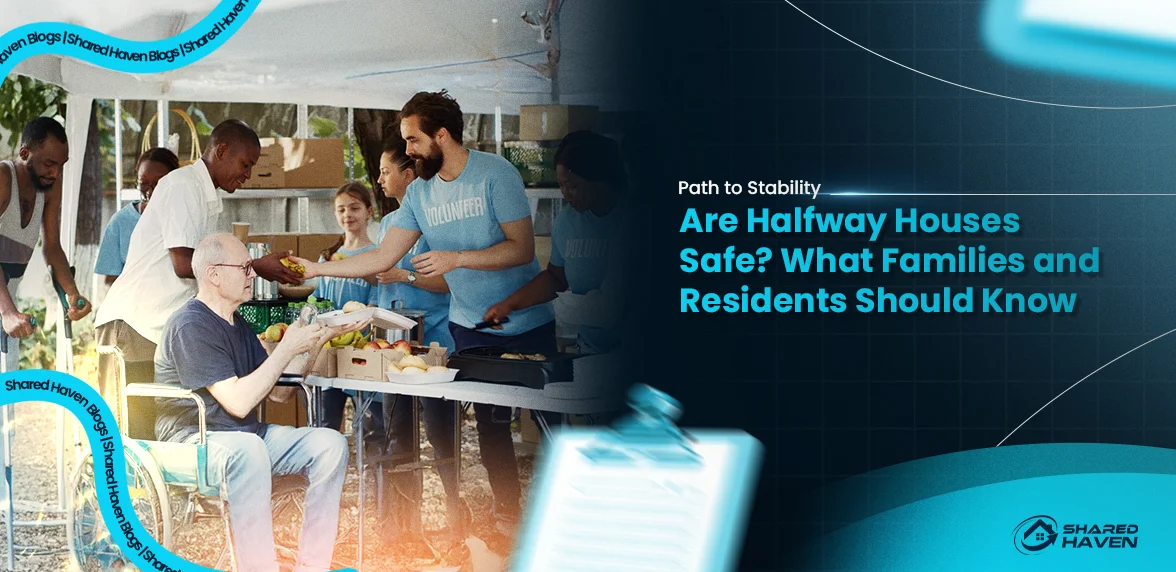Understanding the Basics of Sober Housing
Sober Housing provides people in recovery with a safe, structured living environment. Moreover, it helps them transition from treatment programs to independent life. Residents share living spaces, daily routines, and responsibilities. Therefore, it offers accountability and community support. Unlike rehab centers, Sober Housing does not provide medical treatment. However, it emphasizes structure, peer support, and recovery-focused activities.
Why Budgeting for Sober Housing Matters
Financial planning is crucial when considering Sober Housing. Because recovery is a long-term process, affordability plays a major role in stability. Without a clear budget, individuals risk relapse due to financial stress. Additionally, careful planning ensures that costs align with personal income or available assistance. Thus, understanding the expenses is essential for long-term success.
Typical Monthly Costs of Sober Housing
Sober Housing costs vary depending on location and amenities. On average, residents may spend between $500 and $2,500 per month. In smaller towns, housing tends to be more affordable. In contrast, major cities usually have higher rates due to demand and cost of living. Importantly, costs cover more than rent. They may include utilities, shared meals, and community services. Therefore, understanding what is included helps you prepare an accurate budget.
Factors That Influence Sober Housing Expenses
Several factors directly affect Sober Housing prices. First, location plays a huge role, as urban housing is generally more expensive. Second, amenities such as private rooms, gym access, or transportation increase costs. Third, the size of the home matters, since smaller facilities may charge more per resident. Finally, program quality also impacts price, as structured programs often cost more. Consequently, comparing multiple options is wise before making a decision.
Comparing Sober Housing with Regular Housing
At first glance, Sober Housing may seem more expensive than regular rentals. However, it includes built-in support, accountability, and structured living. Traditional housing does not provide peer recovery communities or house managers. While standard rent might be cheaper, Sober Housing eliminates costs of relapse or unstable environments. Additionally, shared expenses make it manageable for most residents. Therefore, the value outweighs the difference in many cases.
Additional Costs to Consider in Sober Housing
When planning for Sober Housing, it is important to consider hidden expenses. Residents may need to cover groceries, transportation, and personal care items. Additionally, some houses charge fees for activities, meetings, or administrative support. Over time, these extras can add hundreds of dollars monthly. Therefore, tracking small costs ensures your budget remains realistic.
Insurance and Financial Assistance Options
Many people wonder whether insurance covers Sober Housing. Typically, health insurance does not cover rent directly. However, some policies may support outpatient services connected to the house. Furthermore, nonprofit organizations sometimes provide grants or scholarships. State programs may also offer partial funding for eligible residents. Therefore, it is important to research available options before finalizing your housing choice.
Employment and Budgeting While in Sober Housing
Employment often becomes part of the recovery journey. Many Sober Housing programs require residents to find work or attend school. This expectation helps residents maintain accountability and financial independence. Additionally, income helps cover living expenses and reduces financial stress. Therefore, balancing work with recovery becomes a key skill during this stage.
Sober Housing and Long-Term Financial Planning
While Sober Housing is temporary, its impact lasts long after residents leave. The financial habits developed during this period often carry into independent living. Residents learn to manage expenses, pay bills on time, and prioritize needs. Therefore, it creates a foundation for responsible money management. This benefit supports sobriety and long-term stability.
Pros and Cons of Paying for Sober Housing
Like any investment, Sober Housing comes with pros and cons. On the positive side, it offers structure, accountability, and community support. It also reduces relapse risks by removing negative influences. On the downside, costs may strain residents with limited income. Additionally, strict rules may feel overwhelming to some. However, for most, the benefits outweigh the drawbacks. Therefore, careful evaluation ensures the right fit.
How to Choose the Right Sober Housing Option
Choosing the best Sober Housing requires balancing cost, location, and structure. First, determine your budget and explore homes within your range. Next, visit multiple houses and ask about rules, amenities, and costs. Additionally, talk to current or former residents for insights. Finally, compare benefits against financial obligations. This process ensures you select housing that supports recovery without unnecessary stress.
The Emotional Value of Investing in Sober Housing
Beyond financial considerations, Sober Housing provides emotional value. Living with others in recovery fosters accountability and companionship. Moreover, residents often create long-lasting friendships that support sobriety. These emotional benefits cannot be measured in dollars alone. Therefore, while cost matters, the value extends far beyond financial investment.
Strategies to Lower Sober Housing Expenses
If costs feel overwhelming, several strategies may help. First, consider shared rooms instead of private ones. Second, explore less expensive neighborhoods. Third, apply for community-based financial aid programs. Finally, choose homes that include utilities and meals. By taking these steps, you can reduce expenses without sacrificing quality.
Sober Housing as a Step Toward Independence
Ultimately, Sober Housing is not just a financial decision but a life investment. It provides structure, support, and growth opportunities. While costs vary, budgeting ensures stability during recovery. Moreover, the skills developed in managing money prepare residents for independent living. Therefore, the expense of Sober Housing should be seen as a stepping stone toward a healthier future.
National Hotline for substance abuse





